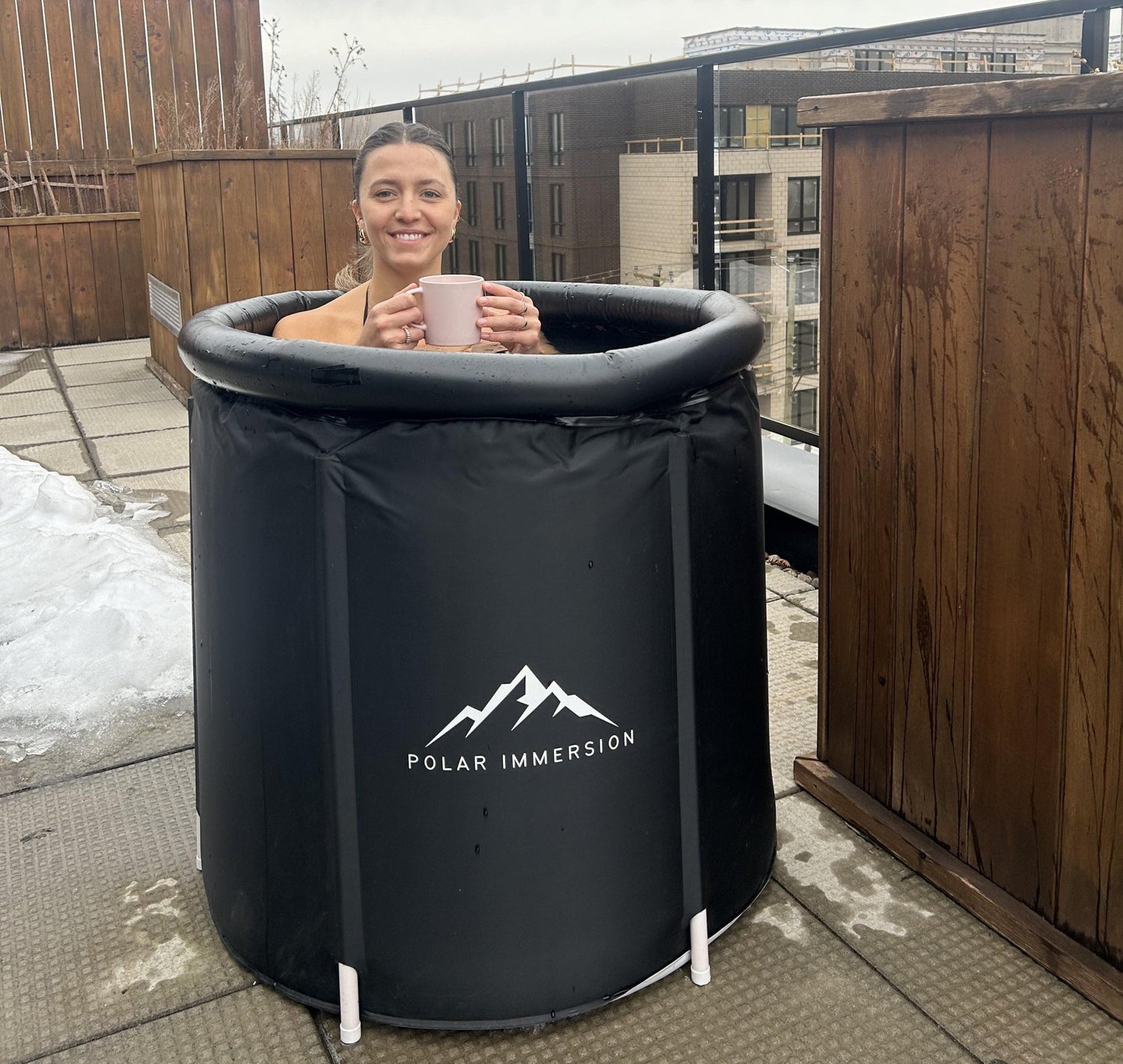The Growing Popularity of Ice Baths
Ice baths, also known as cold plunges, are becoming popular with athletes and health enthusiasts. But are ice baths actually good for you? Let's explore the benefits and some tips for using cold therapy.
Benefits of Ice Baths: Why is Cold Therapy Effective?
Physical Recovery and Muscle Soreness
Cold plunges help muscles recover by reducing inflammation and soreness. Athletes often use ice baths to recover faster and improve performance. A study found that athletes who used cold water immersion experienced 20% less muscle soreness compared to those who didn’t.
Reduced Inflammation and Swelling
Cold water immersion makes blood vessels constrict, which can significantly reduce inflammation and swelling after intense physical activity. Another study showed that cold therapy can reduce inflammation markers by 25%, making it effective for recovery.
Enhanced Circulation and Blood Flow
Regular cold exposure can improve circulation and blood flow, leading to better heart health and quicker recovery times.
Mental Health Benefits: Stress Relief and Improved Mood
A major benefit of cold plunges is their impact on mental health. Cold plunges for anxiety are popular because they help with stress relief and improve mood. Cold exposure triggers the release of endorphins, natural mood boosters. It also lowers cortisol levels, the hormone responsible for stress, making cold plunges a great way to manage anxiety. Think of it like a reset button for your mind, helping you feel refreshed and more relaxed.
Boosted Immune System and Metabolism
Regular cold plunge sessions can boost your immune system and metabolism. The shock of cold water activates the body’s defenses and improves metabolic rate, which is good for overall health.
Tips for an Effective Ice Bath Experience
Optimal Temperature and Duration
For a beneficial cold plunge for anxiety, the ideal temperature is between 39-59°F (4-15°C). Beginners should start with shorter times, gradually increasing.
Preparation: What to Do Before an Ice Bath
Proper preparation is important. Drink plenty of water and mentally prepare for the cold. Deep breathing exercises can help you stay calm and focused during the cold plunge.
Safety Precautions and Common Mistakes to Avoid
Make sure you are in a safe environment and have someone nearby if you're new to cold plunges. Don’t stay in the ice bath too long and listen to your body’s signals to prevent getting too cold.
Post-Ice Bath Recovery: Best Practices
After a cold plunge, it’s important to warm up your body slowly. Drink warm fluids and do light physical activity to return to a normal temperature.
Are Ice Baths Right for You? Considerations and Expert Opinions
Cold plunges can help many people, especially those looking for anxiety relief. However, individuals with certain health conditions should consult a doctor before starting cold therapy. Experts say it’s important to listen to your body and gradually get used to cold plunges.
Embracing Cold Therapy for Overall Well-beingIce baths offer many benefits, from helping muscles recover to improving mental health. By learning how to use cold plunges the right way, you can make them part of your health routine for long-term benefits. Whether you’re an athlete or someone looking to reduce anxiety, cold plunges can be a valuable addition to your self-care routine.
Frequently Asked Questions (FAQ)
Q: How often should I do a cold plunge?
A: It depends on your goals and tolerance. For general wellness, 2-3 times a week is a good starting point. Always listen to your body and adjust as needed.
Q: Is a cold plunge safe for everyone?
A: While cold plunges can benefit many people, those with certain health conditions like heart issues or cold intolerance should consult a doctor before trying cold therapy.
Q: Can a cold plunge really help with anxiety?
A: Yes, many people find that cold plunges help reduce anxiety by lowering cortisol levels and releasing endorphins. It’s a natural way to manage stress and improve mood.



Leave a comment
This site is protected by hCaptcha and the hCaptcha Privacy Policy and Terms of Service apply.